Reasoning with Inner City Rhythms
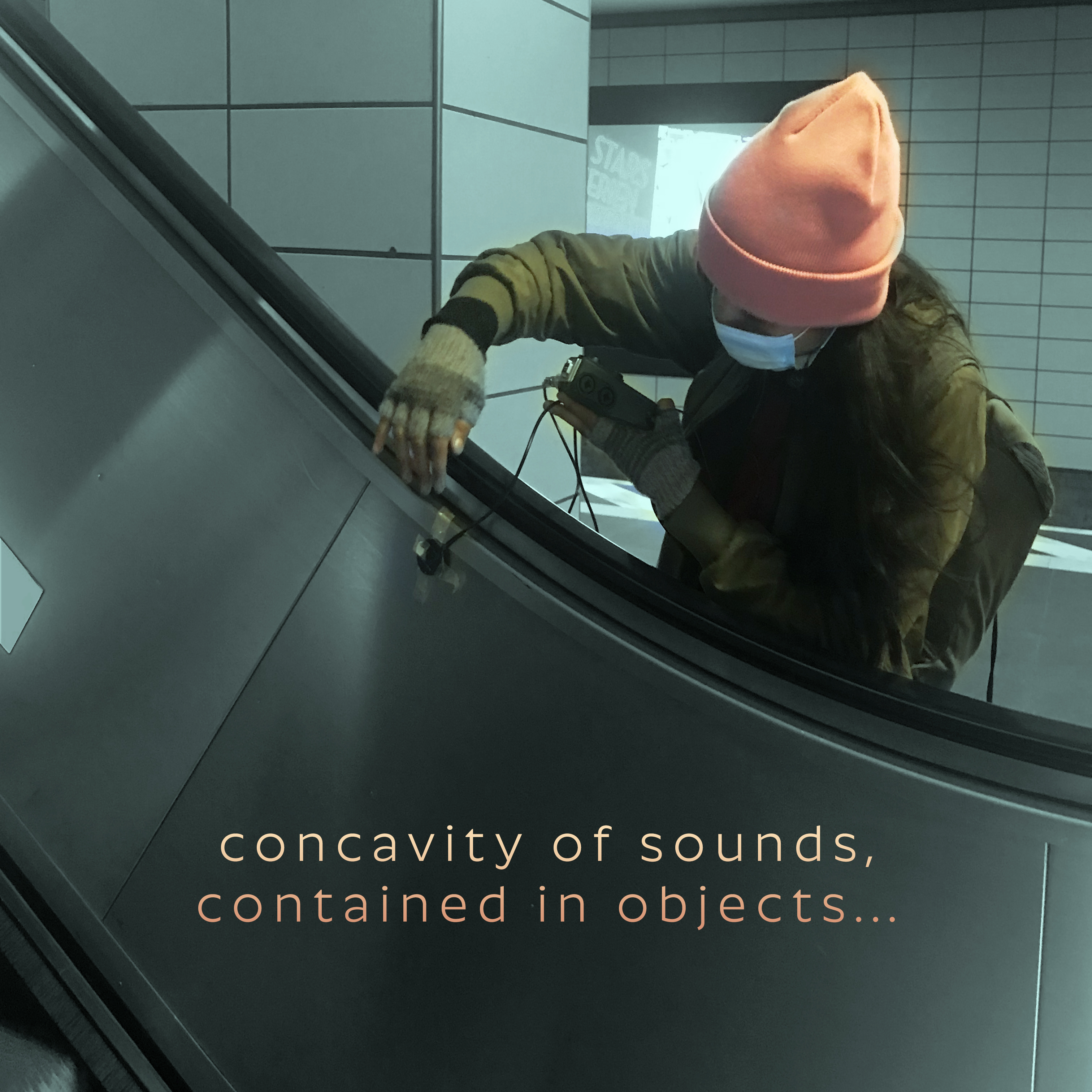
This first episode of the podcast series «Modes of Listening & Sound Practices» explores the modes of listening that Maier and Kaur adopted on their sound walks through Berlin.




This first episode of the podcast series «Modes of Listening & Sound Practices» explores the modes of listening that Maier and Kaur adopted on their sound walks through Berlin.



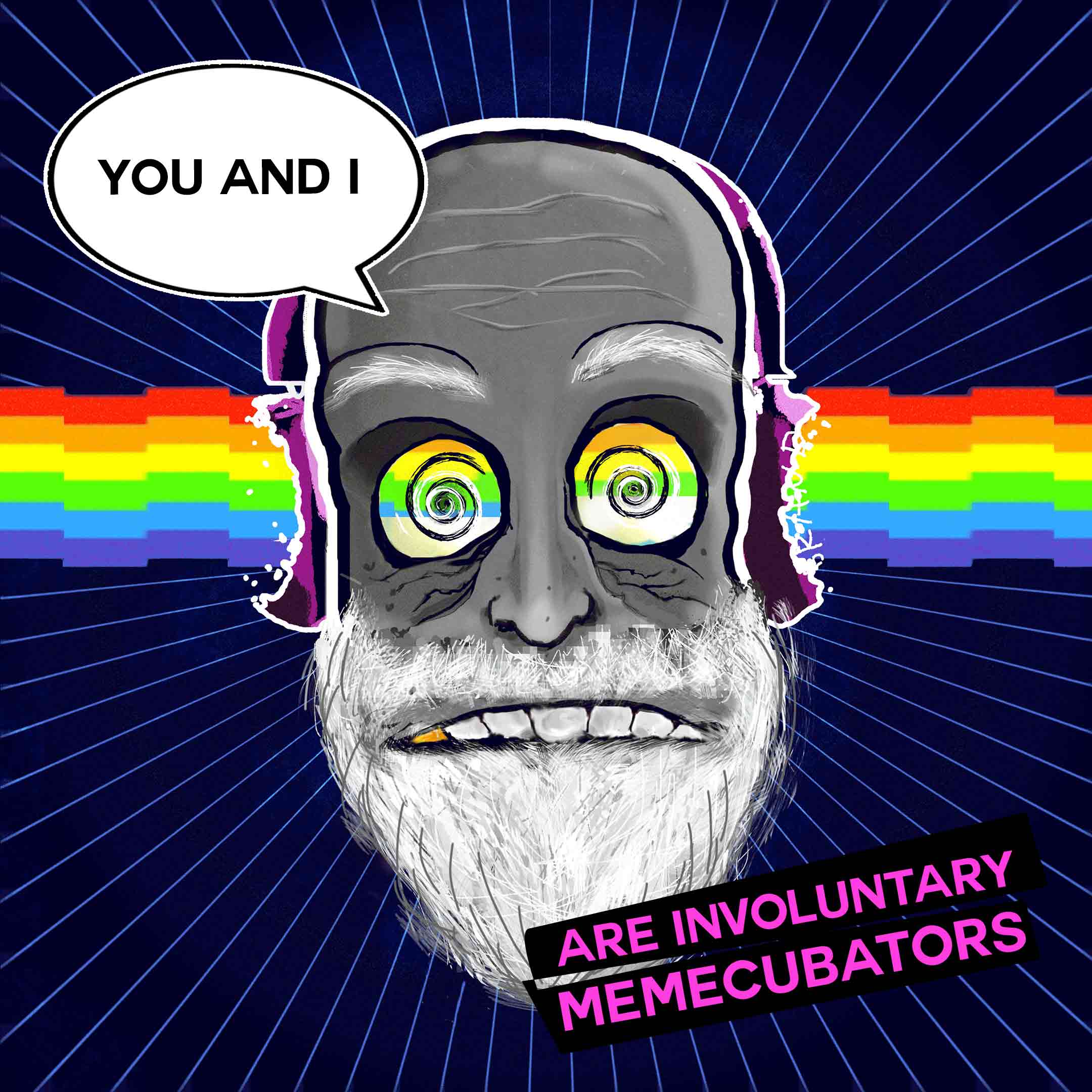
Meme music went viral during the COVID-19 pandemic. Distributed via apps like TikTok, it might transform not only the way music is made, but also how it is consumed. An article about the cultural implications of an emerging digital format.



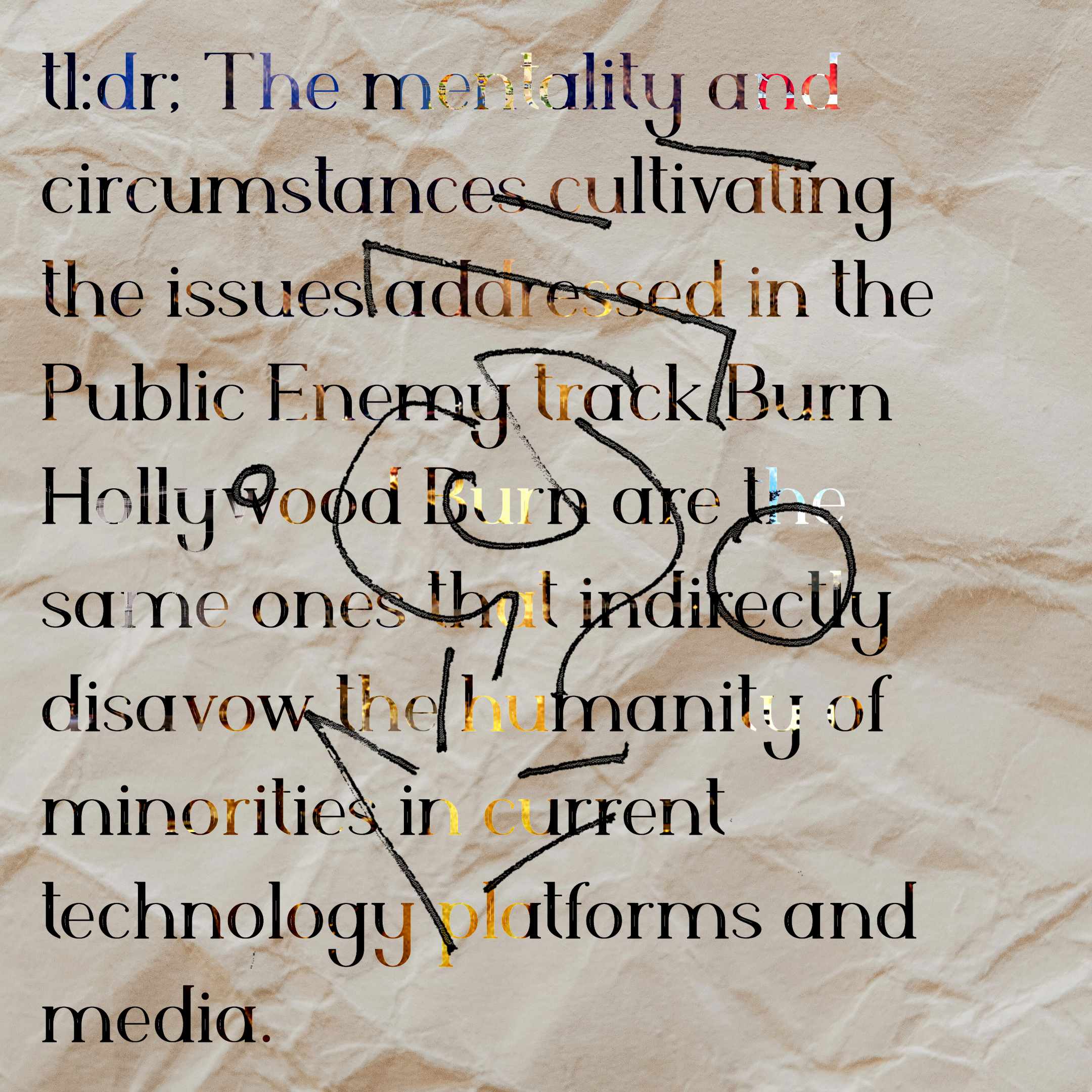
In their track «Burn Hollywood Burn», Public Enemy criticized the representation of Black people in Hollywood movies. The mentality and circumstances cultivating these issues are the same ones that indirectly disavow the humanity of minorities in technology and media today.



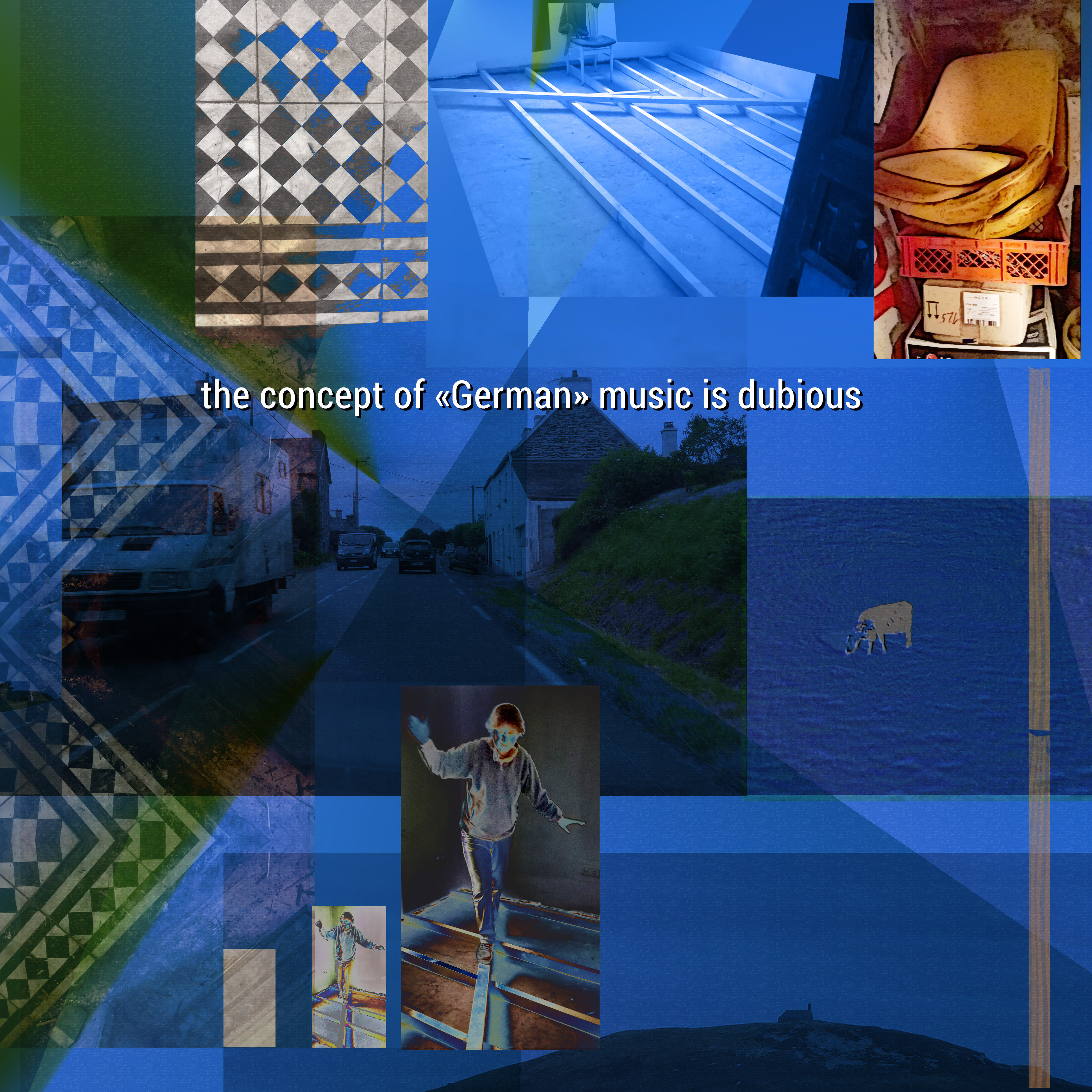
When the pandemic hit Germany’s music scenes, a group of managers called for a national music quota in order to save «domestic» music. In her essay, Melanie Schiller raises the question if music can be national in the first place.



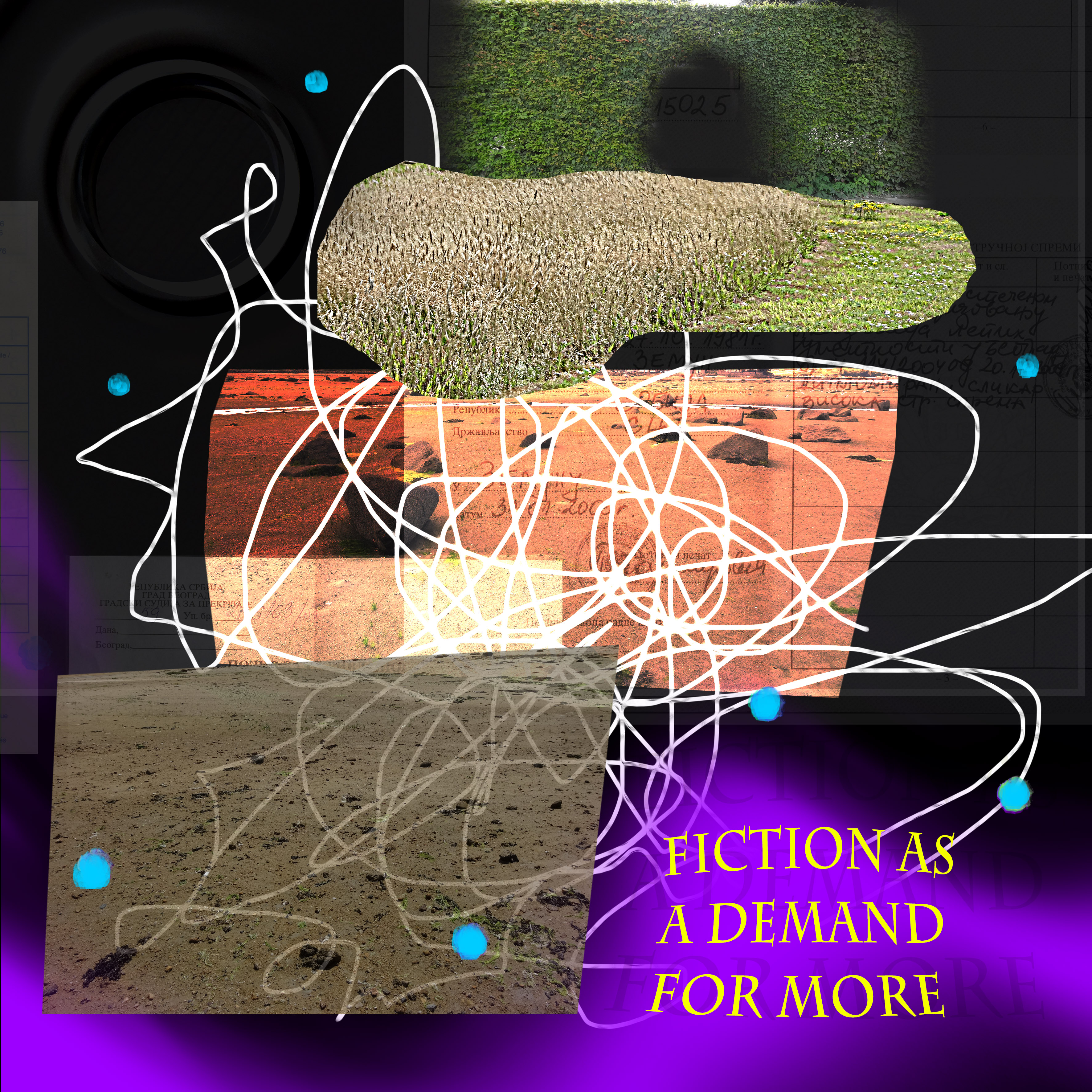
From a Western perspective, non-Western films are expected to be mainly driven by content, to portray the «misery» of the Other. Formal experiments are still rarely appreciated. Read an essay about the need to depart from so-called authenticity towards new stories.



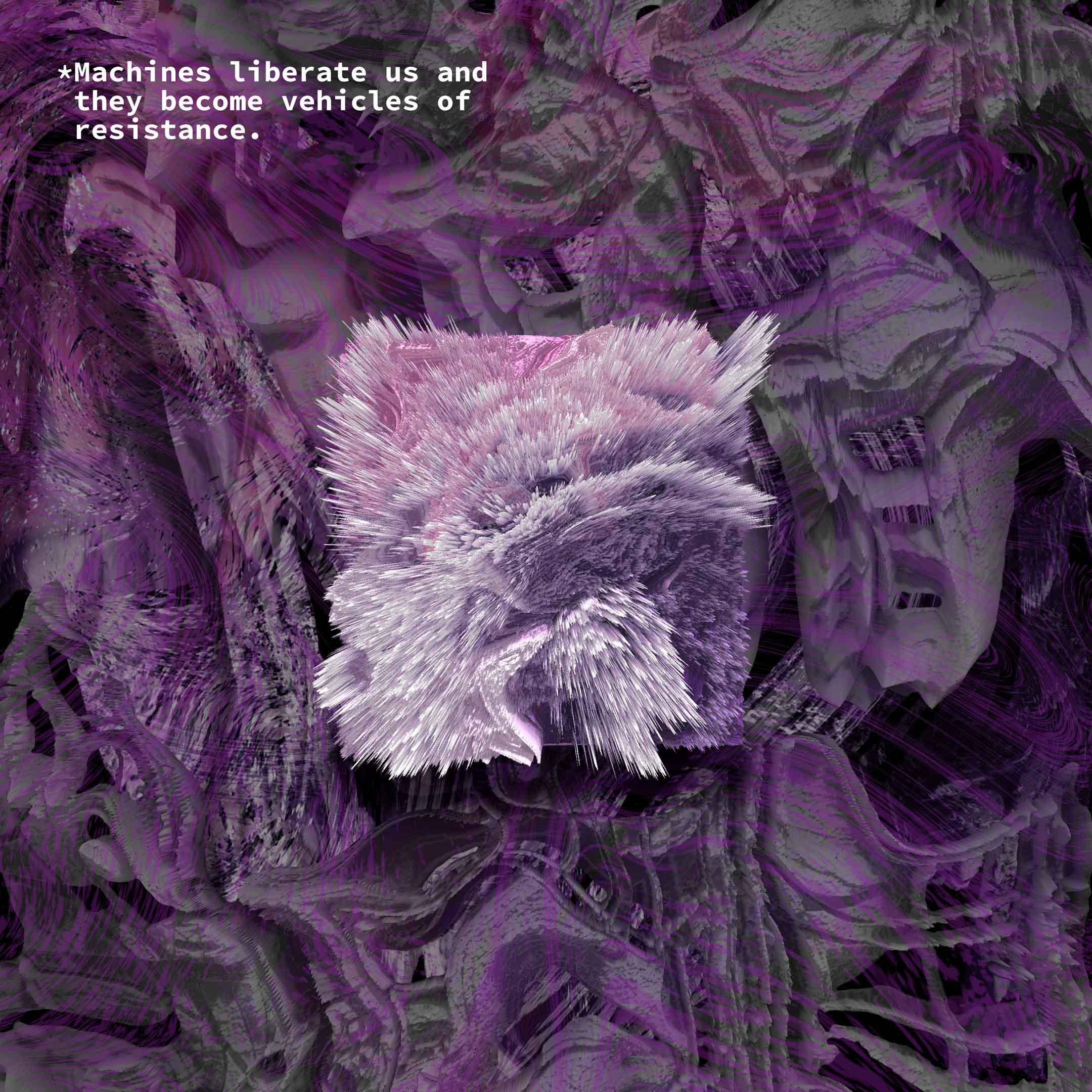
Since April 28 2021, Colombians have been on a national strike to tackle inequality, poverty and historical exclusion. This video list is a short trip through audiovisual utopias in which machines become vehicles of resistance.



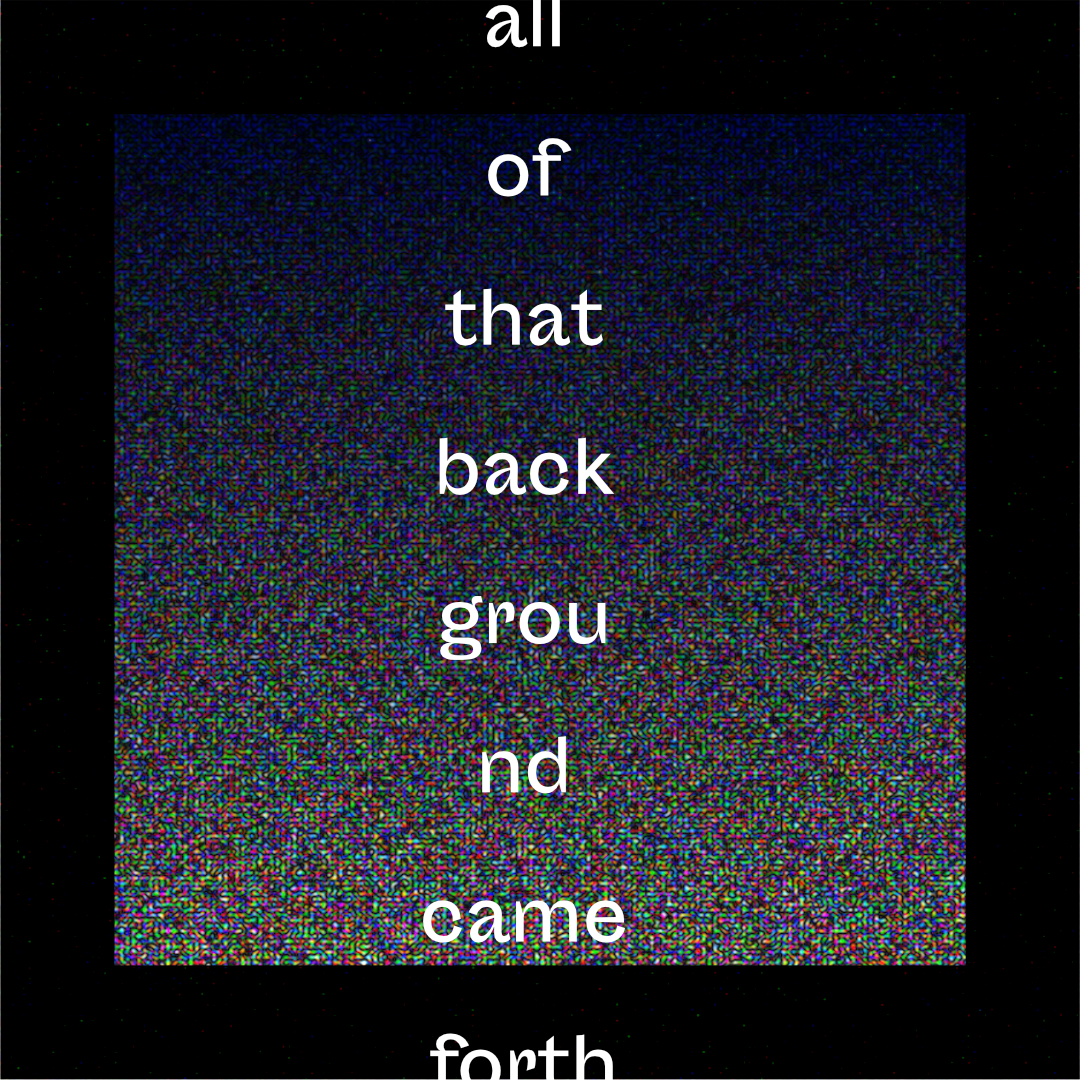
In this interview, sound artist, composer, and anthropologist Hadi Bastani talks about his listening habits; his earlier research on noise music, glitch, and computer music; and the effect that online fieldwork has had on his collaborative works.



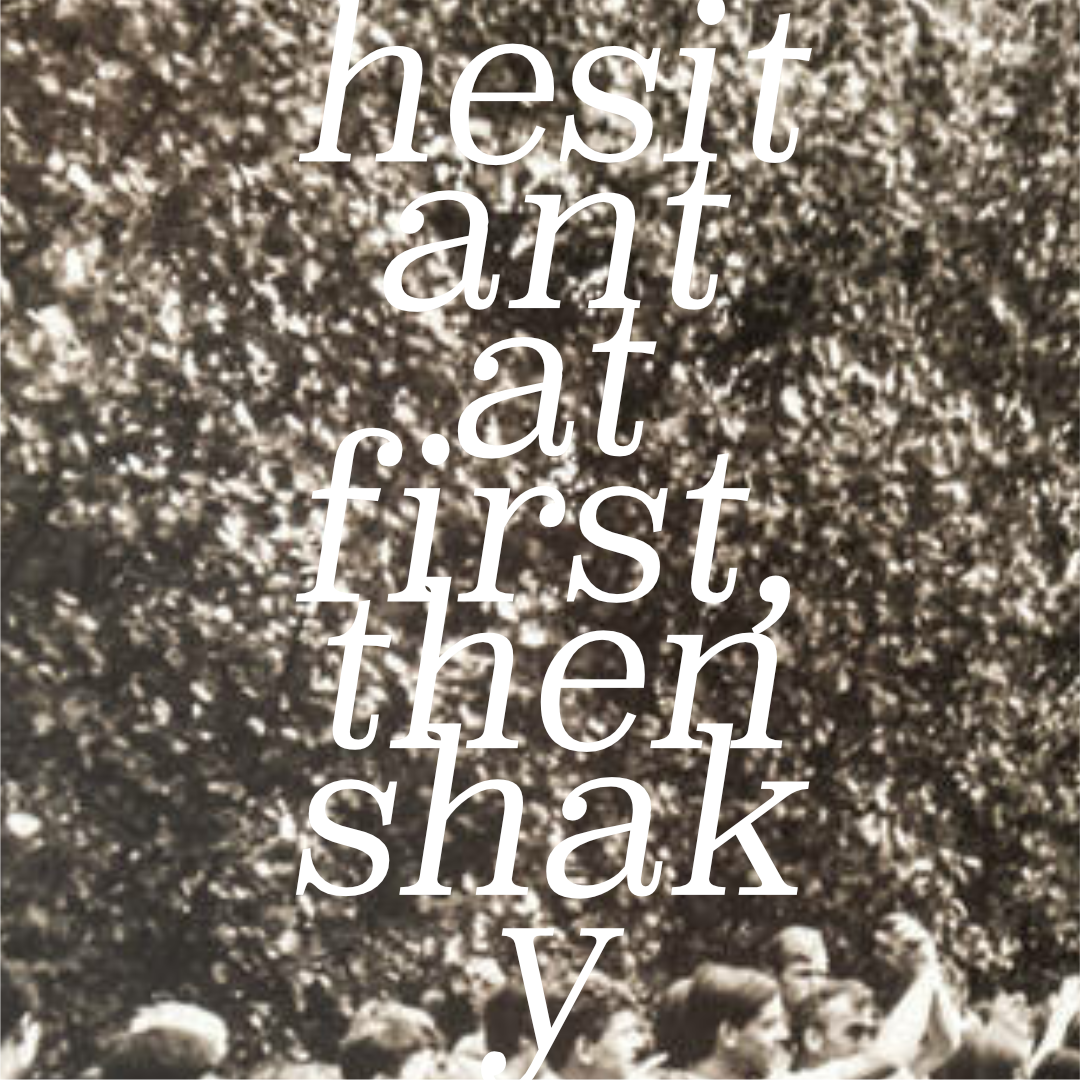
In the German Democratic Republic, the song «Unsere Heimat» (Our Homeland) became an anthem that glorified the idea of a socialist homeland. After the fall of the Berlin wall, the song disappeared from public memory. At least this was what our author thought.




In dem Gedicht für sein gleichnamiges Lied beschreibt der iranische Schauspieler und Dichter Ali Kamrani seine Erfahrungen als Einwanderer in Deutschland.



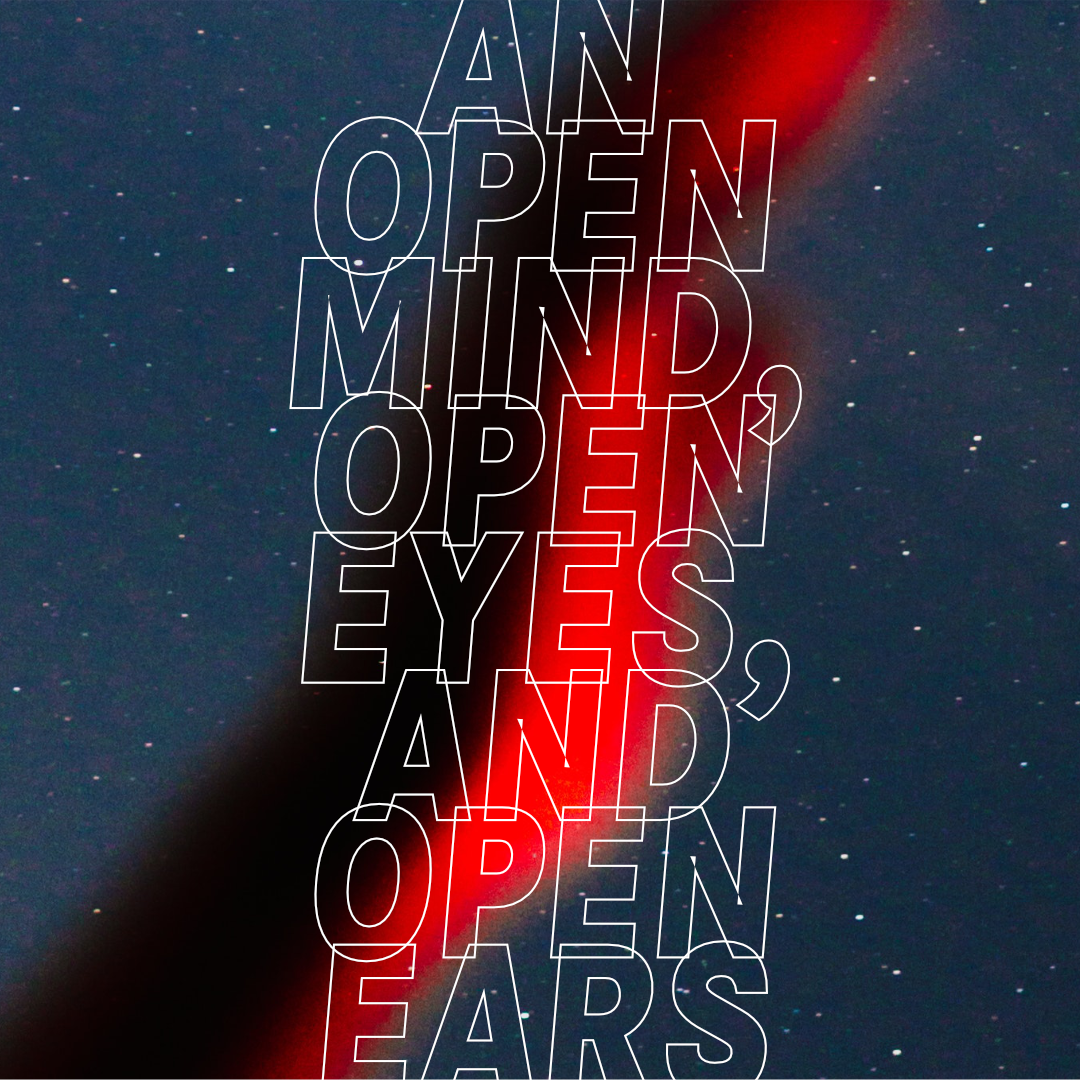
In this essay, the conductor, researcher, and performer Yalda Zamani makes a case for more interdisciplinarity in the conductor’s practice. The search for new methods of collaboration and exchange could inspire new and progressive concepts of leadership in musical practice.



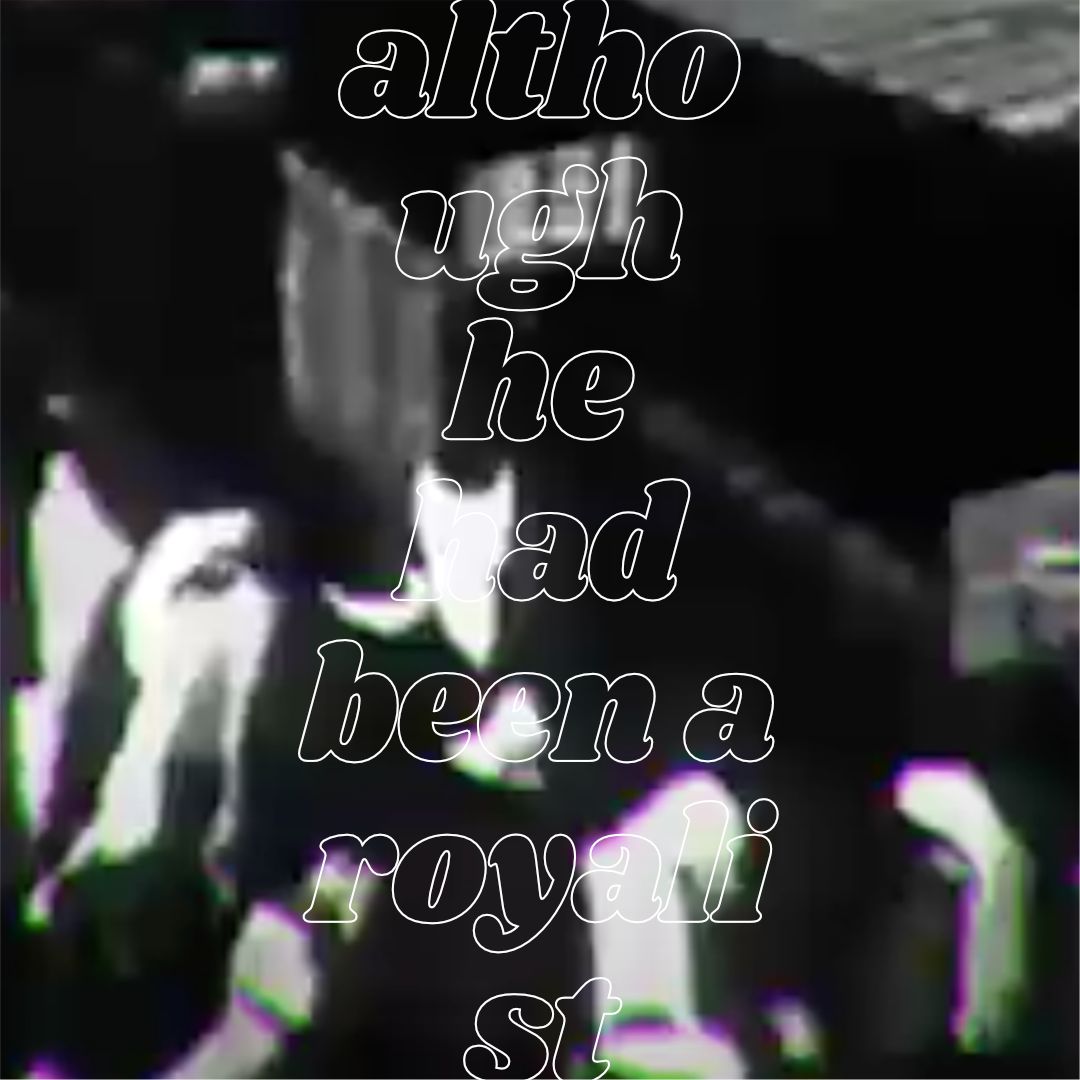
In comparison to Los Angeles, there was never an Iranian «community» of popular musicians in Germany. Nevertheless, Iranian popular musicians and scholars debating popular music left their traces. Why, our author asks here, were some of them more successful than others?


